The PSD president, Luís Montenegro, highlighted this Thursday the presence of 'political, partisan, and electoral influences' that prevented the avoidance of the CP strike. He suggested that legal amendments might be necessary to balance the right to strike with other rights.
During a campaign event in Figueira da Foz, Coimbra, Montenegro, also the Prime Minister, commented on the CP strike, now in its second day without minimum services, labeling it as 'absolutely unfair.' He stated that the government 'did everything to avoid it.'
'My conviction and that of the government members involved in this process is that clearly, political and partisan influences, and electoral ones, ended up not preventing what was the normal outcome of a negotiation process,' he said.
Montenegro warned that the government would not negotiate under pressure ten days before the elections—especially as it is a caretaker government—and issued a warning for the future.
'This is an absolutely unfair strike, no matter how much union and labor reason there might be for those on strike, between the effects of the strike, the damage caused to people's lives and the country's life. There is a huge disproportion, and frankly, one day we will have to put an end to this,' he cautioned.
When asked about specific changes he advocates, Montenegro emphasized that 'the right to strike is not in question,' mentioning 'a mechanism' that could balance the effects of strikes with the harm to people's lives.
'I think we must reconcile the right to strike with the exercise of other people's rights. The right to strike cannot have such prevalence that the country literally stops,' he stated.
He added: 'There is a disproportion, I do not want to compress the right to strike. What I do not want is for this right to have such a significant injury to other rights, and we need a regime that is proportional. I think the Portuguese understand this very well.'
Luís Montenegro argued that the negotiation with CP unions was 'very developed' and that 'it was respectable that the strike was avoided.'
Questioned if he considers this a political strike, as Minister Pinto Luz has, the AD leader (PSD/CDS coalition) said he did not want to draw conclusions, only to provide the information he has about the process.
'Our conviction is that, given the entire negotiation process, there were indeed criteria of a political or partisan nature, possibly linked to this electoral context, that ended up not being, or being, decisive for the strike to proceed,' he considered.
The Prime Minister noted that civil requisition was not possible, also because the government is in management, and recalled that it was the Arbitration Court that decided not to decree minimum services, a decision he disagreed with.
'I have no doubt that these decisions are unfair, I have no doubt that in a case like this it is incomprehensible that there are no minimum services, it is incomprehensible that we do not have the possibility of a civil requisition,' he said.
And, for this specific case and others in the future, he left a warning: 'We did everything to avoid this strike, but we do not give in because there are elections. Anyone who wants to negotiate with the government based on this type of posture (...) we do not give in to blackmail of this nature,' he assured.
The CP strike, which extends until May 14, was called against the imposition of wage increases 'that do not restore purchasing power,' for 'collective bargaining for decent wage increases,' and for 'the implementation of the agreement to restructure salary tables, in the terms negotiated and agreed,' according to the unions.
The strike had a special impact between Tuesday and today due to the larger number of unions (14) that joined the strike on these days.
By decision of the Arbitration Court, these strikes do not have minimum services.

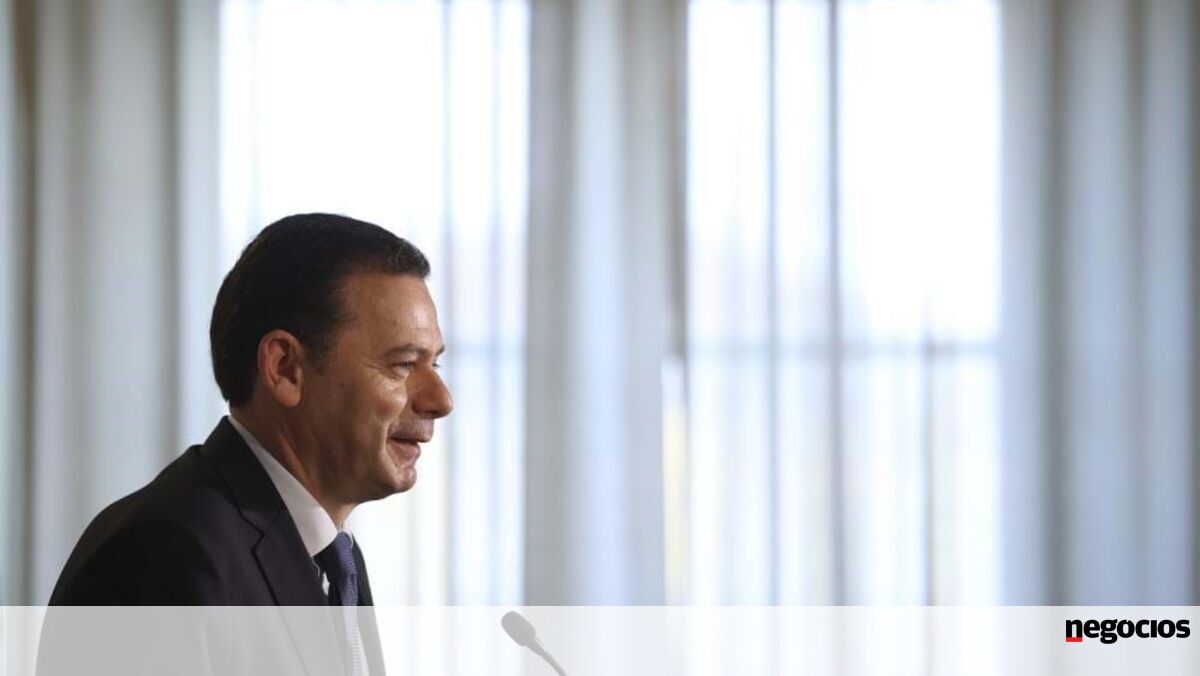

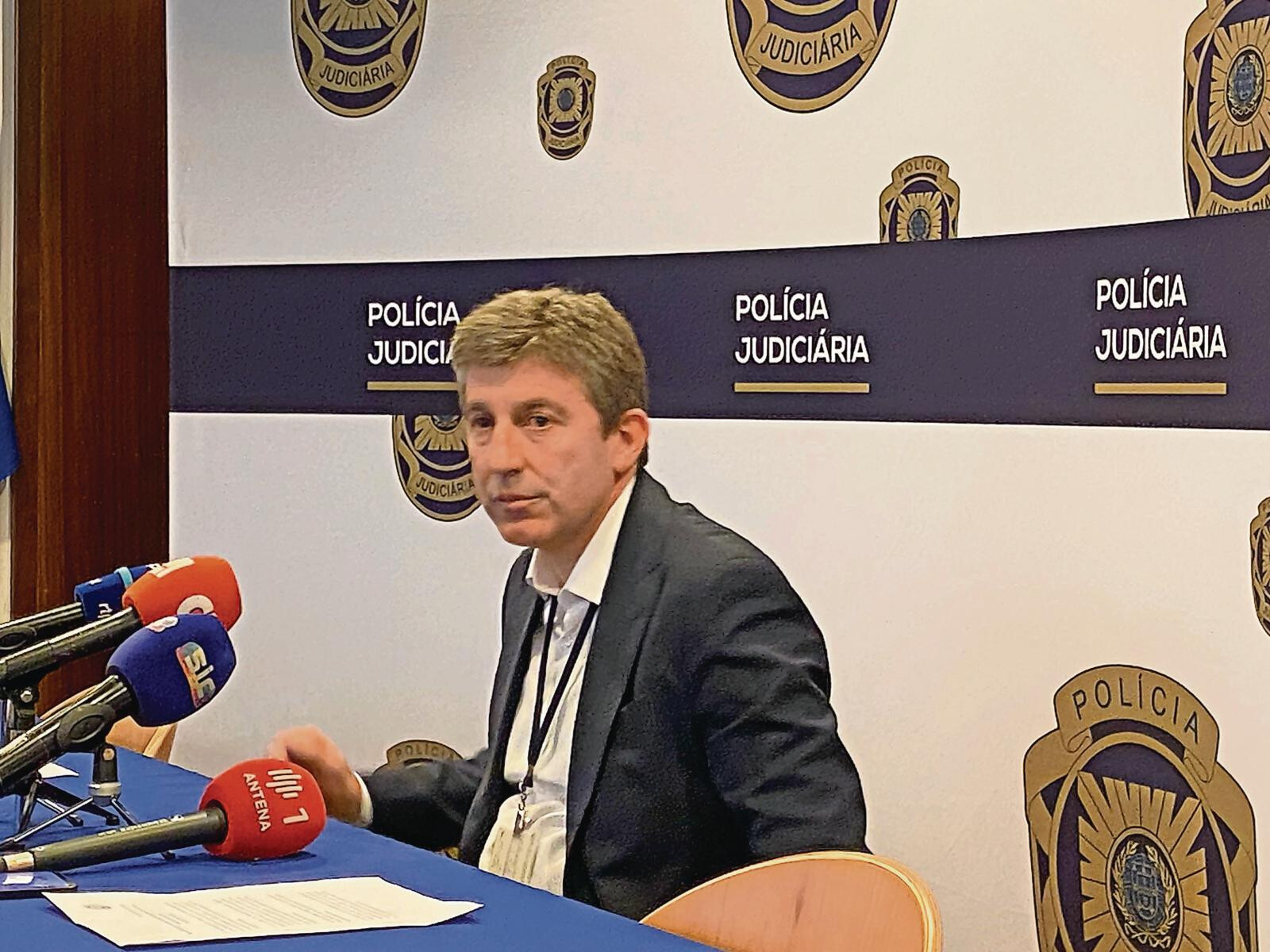
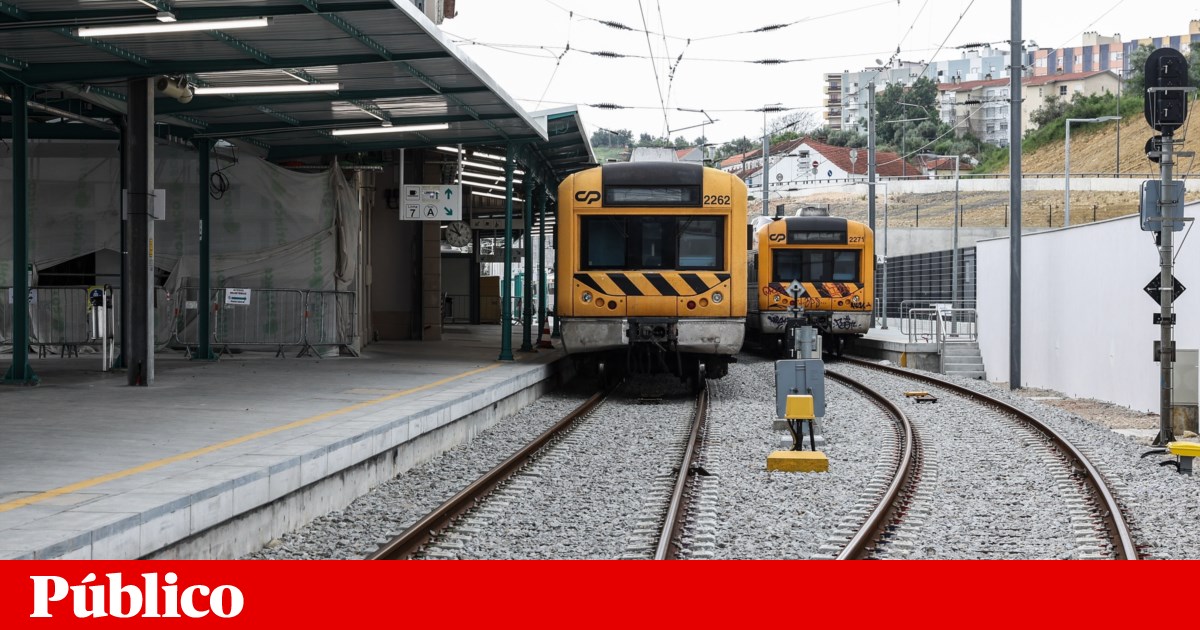



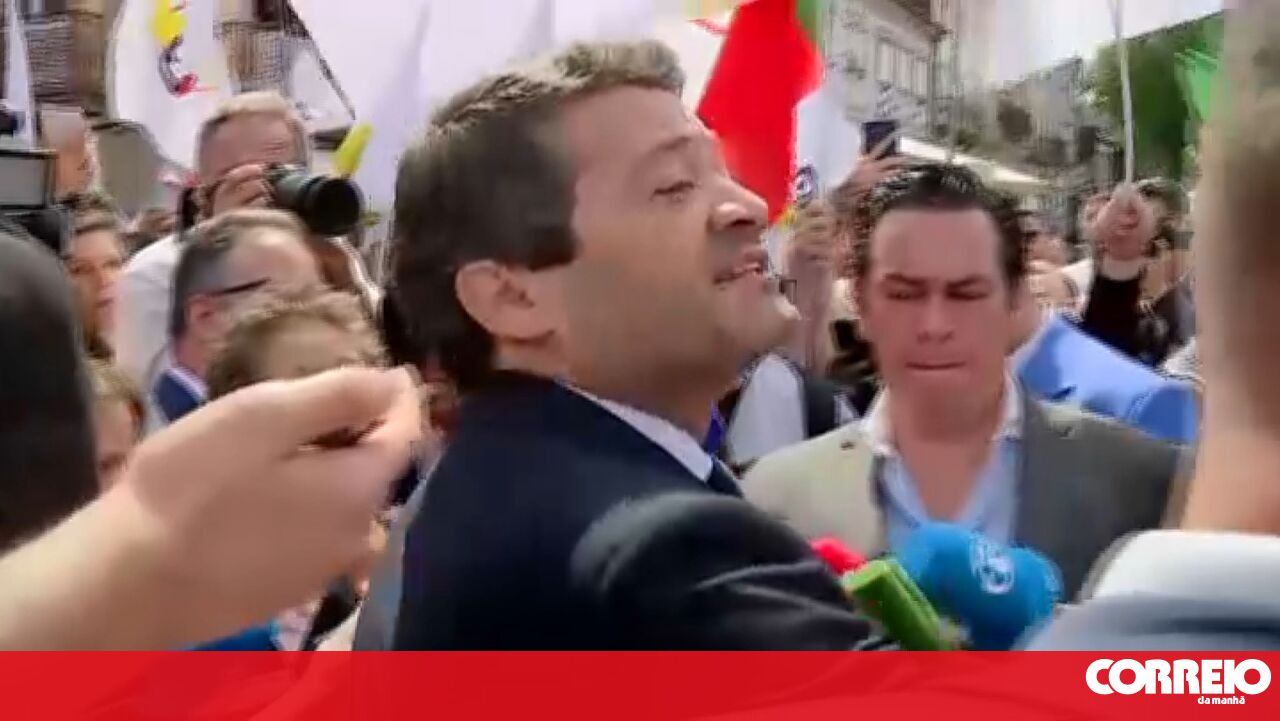






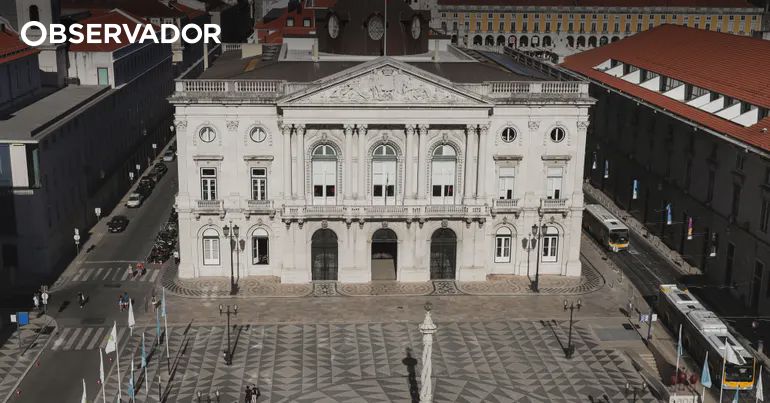

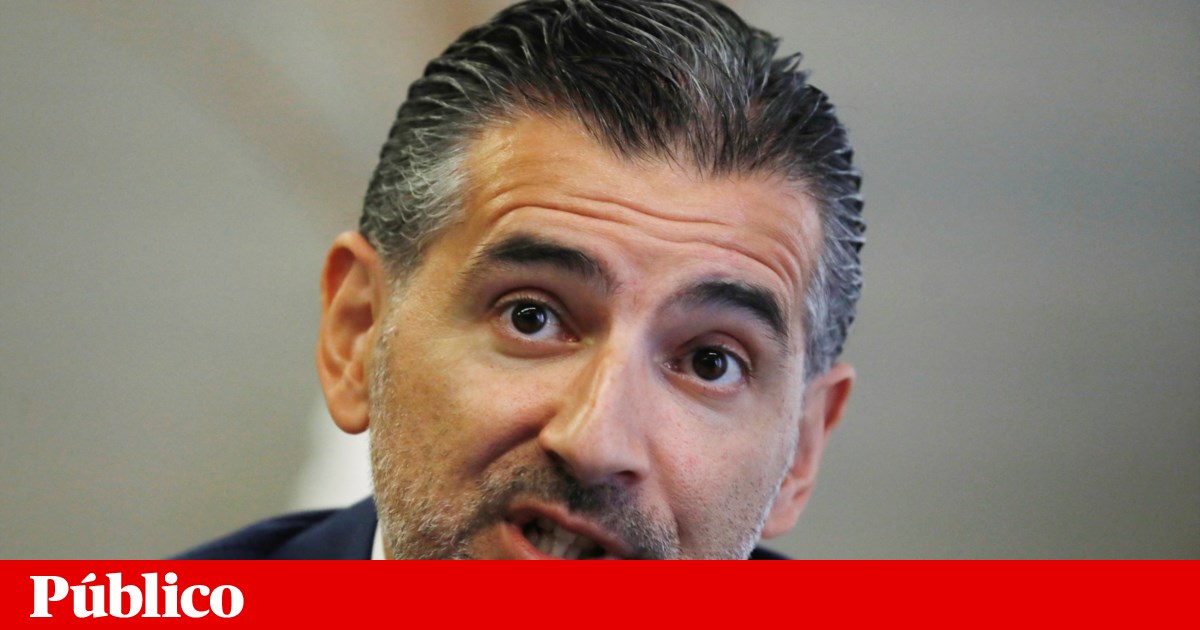




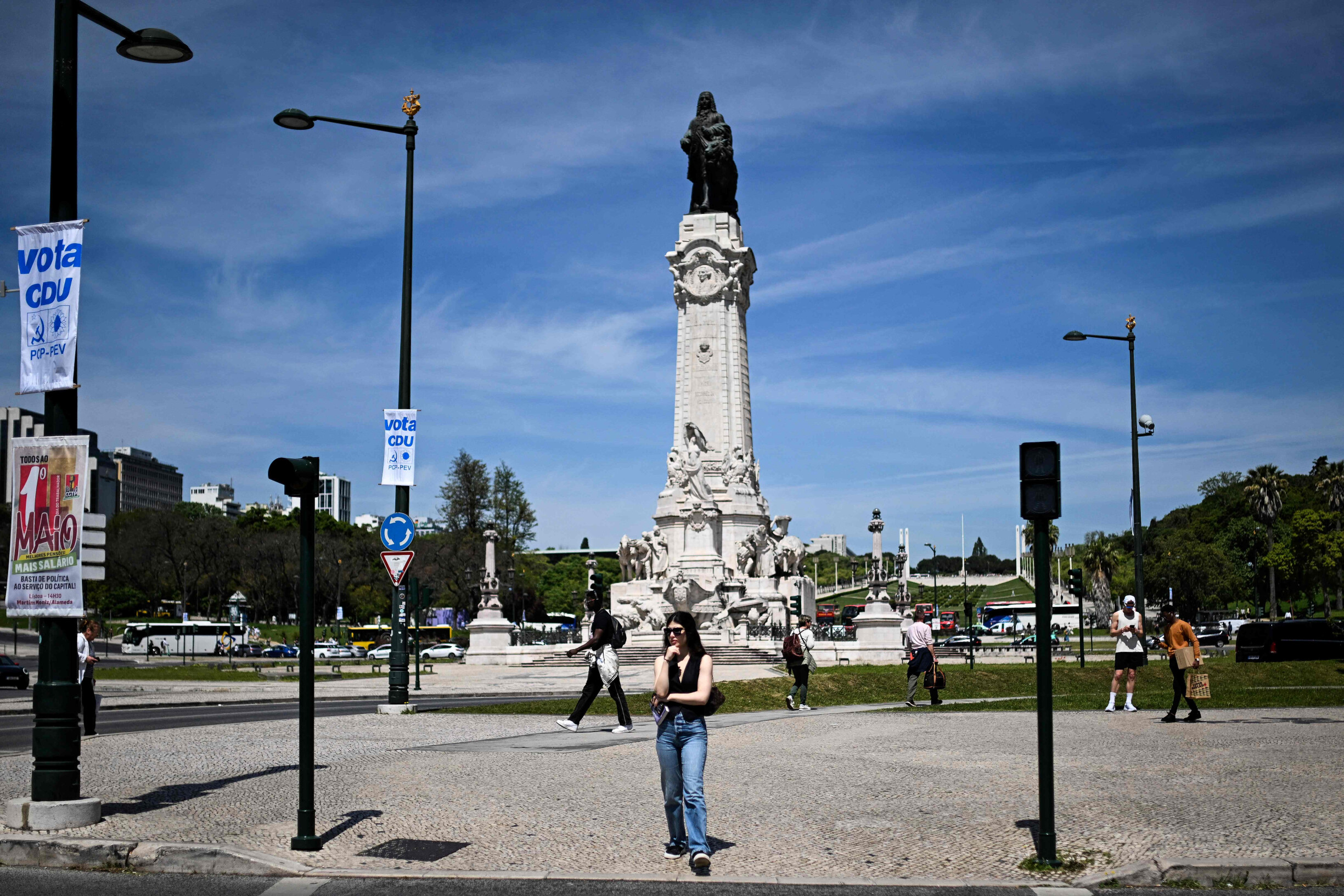

Comments
Join Our Community
Sign up to share your thoughts, engage with others, and become part of our growing community.
No comments yet
Be the first to share your thoughts and start the conversation!